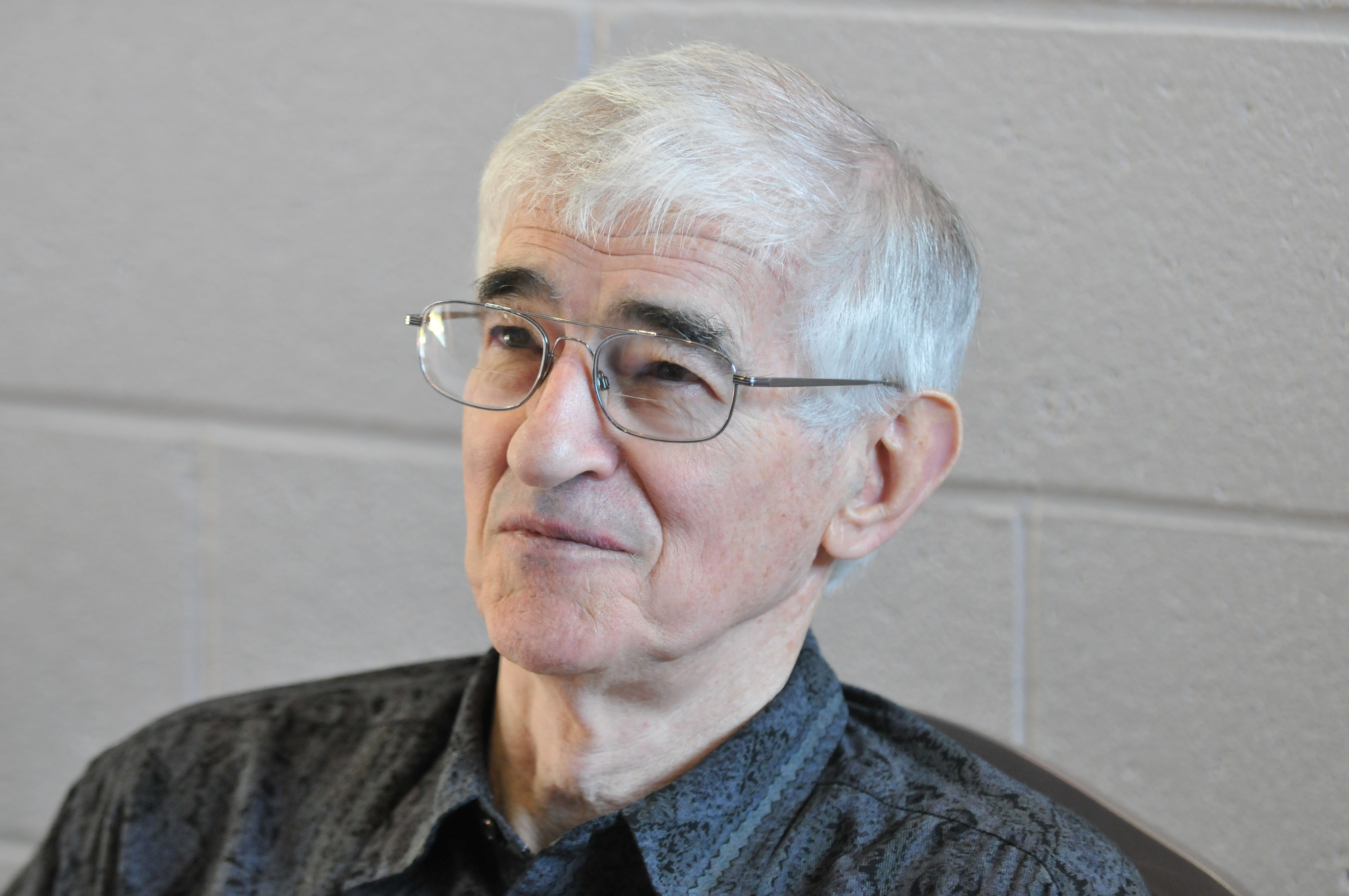Why Are You Looking For The Living Among The Dead?
According to the gospel of St Luke, resurrection from the cornerstone of the Christian faith, Jesus overcame death. It is the single most magnum opus miracle performed by Jesus Christ and yet it is the most debated act in the end times of Jesus.
The meaning of Easter goes beyond the question of what happened to Jesus’ body, making resurrection a matter of what human beings can do to make a more just and humane society regardless of religious affiliation.
READ: Rastafarians – Religion and Lifestyle
The Meaning of Resurrection
However, as some Baptists protested, the meaning of the resurrection is a matter of precisely what happened to Jesus’ body some 20 centuries ago – which has implications for how Christians live out their beliefs today.
The Jesus Seminar, a controversial group of scholars that evaluates the New Testament in the harsh light of the historical review, has concluded that there is no evidence that the Easter Resurrection was a physical reality.
More likely, they decided, the story of the historical Jesus ended with his death on the cross and the decay of his body.
The scholars also agreed that there probably was no tomb and that Jesus’ body probably was disposed of by his crucifiers–not his followers.
The scholars–most of whom consider themselves within liberal Roman Catholic and Protestant traditions–doubted nearly all descriptions of visits to Jesus’ burial place in the New Testament books of Matthew, Mark, Luke, John and Acts.

The only visitation passage that has an element of historical accuracy is that of Mary Magdalene, as described in the Gospel of John, the scholars voted. They based that decision on her role among the first Christians and the place that women had in Jewish mourning traditions during Jesus’ time.
READ: Space Reality
Resurrection Significance
Despite those judgments, however, the scholars affirmed that the religious significance of the Resurrection does not depend on historical facts. That affirmation, a departure from the group’s protocol, was aimed at silencing critics who have accused the 10-year-old Jesus Seminar of undermining traditional Christian teaching.
“We wanted to make an affirmative statement to all those who think we only care about tearing down Christian faith,” said Robert W. Funk, a co-founder of the Jesus Seminar and former president of the Society of Biblical Literature.
Crucifixion, it happened in their hearts and minds, not as a matter of history. To read the Resurrection accounts literally is to misunderstand the use of the symbolic language that was the hallmark of 1st-Century Jewish writers,
“God raised Jesus from the dead’ is a statement of faith, not historic fact,” argues Stephen J. Patterson, an associate professor of New Testament at the United Church of Christ-affiliated Eden Theological Seminary in St. Louis.
Jesus Seminar – How they operate

The Jesus Seminar has about 70 affiliated scholars who specialize in studying the New Testament, Greco-Roman culture and 1st-Century Jewish traditions and politics. About 40 attended last week’s meeting.
The group meets twice yearly to dissect passages in an attempt to separate physical fact from religious faith. The scholars are known for using color-coded beads to vote on the degrees of probability of scriptural passages: red for undoubtedly accurate, pink for probable, gray for passages containing some historic truth, and black for passages clearly without historical basis.
Teachings on Resurrection
Previously, the scholars–including such stars of New Testament research as DePaul University’s John Dominic Crossan and Oregon State University’s Marcus Borg–concluded that the virgin birth lacks historical support and that Jesus said only about 18% of the words attributed to him in the Bible.
Their approach is controversial among some scholars, particularly because of their reliance on consensus scholarship in assessing historical accuracy.
While Jesus Seminar participants say their intent is to separate fact from faith and bring their findings to public attention, more traditional Bible scholars and theologians say the group’s effect is to undermine belief.
Bruce Corley, dean of the school of theology at Southwestern Baptist Theological Seminary in Fort Worth, Tex., said last fall that the seminar’s work is “driving a wedge between faith and history among people.”
Over the years, Christians have engaged in passionate debates over this central doctrine of the Christian faith.
Despite the controversies, the whole concept depends on an individual’s belief and faith. To Christians, the resurrection phenomenon will forever form a critical foundation for their divine intervention and lives.
READ: Culture of Nudity Explained





